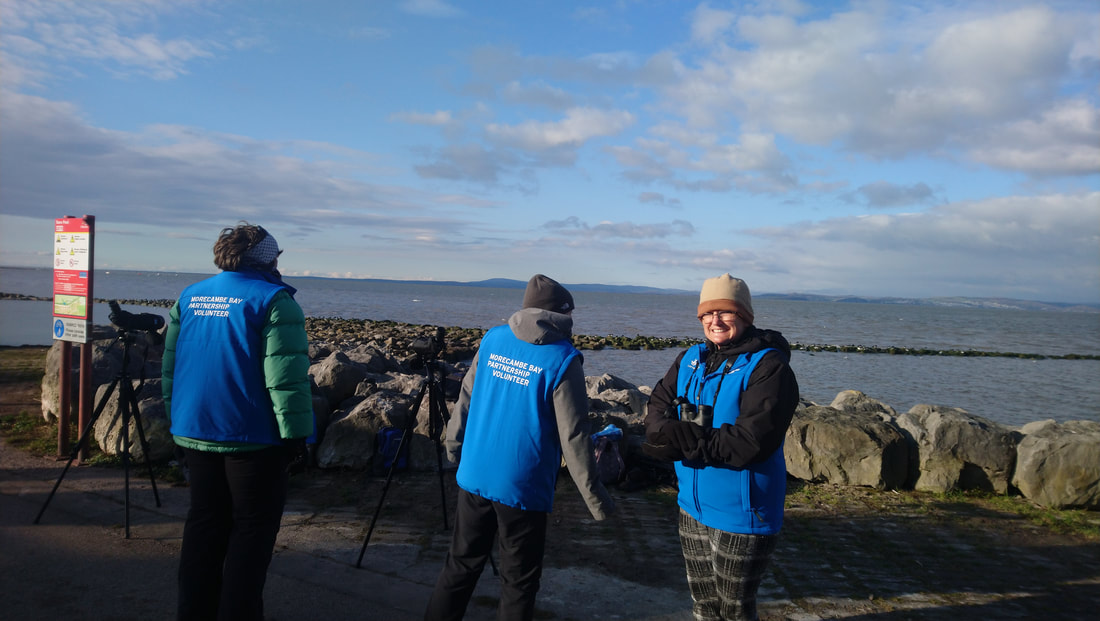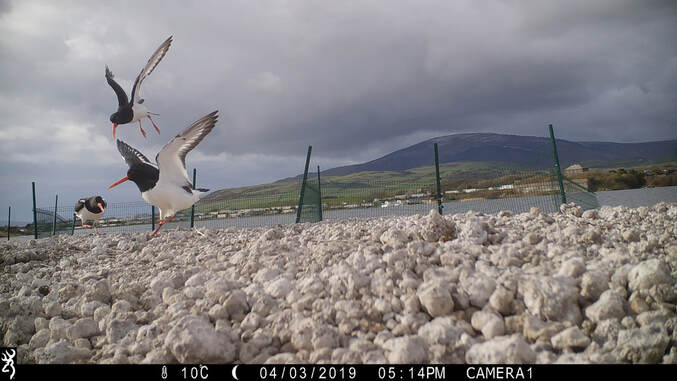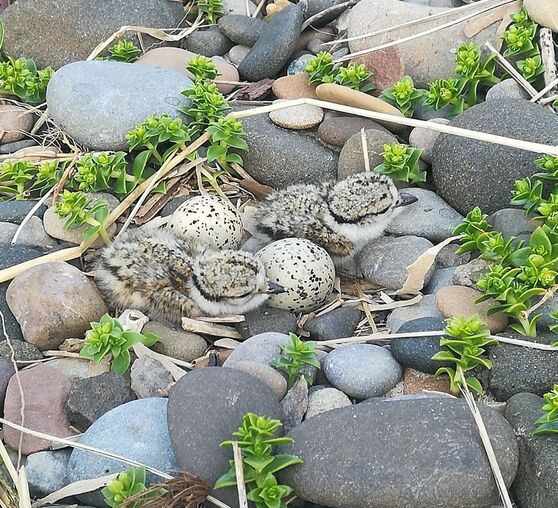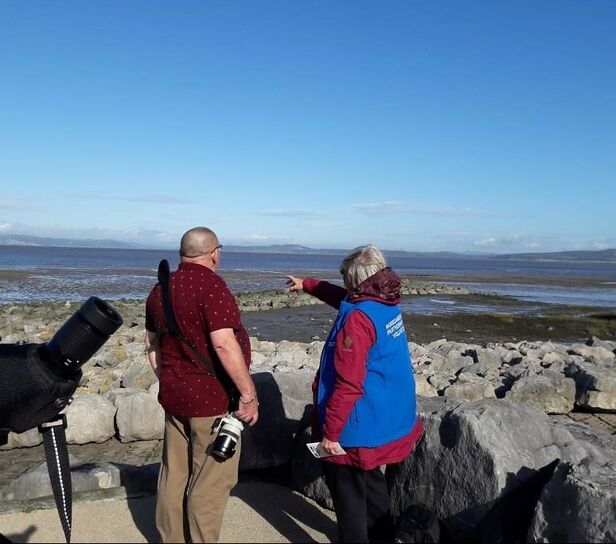|
Blog by Amy Hopley, Morecambe Bay Partnership Nature and Wildlife Officer Amy here from Morecambe Bay Partnership, and I’m delighted to be writing this month’s guest blog on coastal volunteers. We love our volunteers – without them, much of the work we do would be impossible! And whether it’s chatting about birds or cleaning beaches; bracken bashing or planting trees, volunteering is a fun and rewarding way to get involved with your local community and help projects you care about make a real impact. Without them, charities such as Morecambe Bay Partnership and the RSPB would be unable to do most of what they do. How will volunteers help Life on the Edge? Life on the Edge is a project which will have a strong emphasis on volunteers. The project seeks to raise awareness of the threats faced by our wonderful shore-nesting birds. Here in Morecambe Bay, rare breeding species such as ringed plover and little tern, and much loved iconic species like the oystercatcher and the herring gull, are failing year after year to successfully raise their young. Shore-nesting birds are exceptionally vulnerable to not only the effects of climate change and coastal erosion, but also to human disturbance. Increased leisure time, better access to the coast and the increased popularity of the stay-cation all mean that our beaches are becoming busier than ever. As our popular beaches become too crowded, visitors seek out quieter, more secluded shores to enjoy the peace. However these quieter shores are already occupied, by small and almost invisible birds that need space and peace to raise their young. The quieter beaches are becoming busier, and the number of safe places for our coastal bird species to nest are running out. Those still attempting to nest on busy beaches see their nests accidentally destroyed, or disturbance causes them to abandon their nests, eggs or chicks. But nests are tremendously difficult to spot – even for an experienced bird watcher, let alone a visitor just having fun at the beach. So how can we protect our nesting birds when they can’t be seen? That’s where our volunteers come in! First, we need to find and protect these precious nests. Volunteer surveyors will visit sites regularly to identify the areas where birds are nesting on beaches. Once found, the nest will be protected by friendly engagement volunteers who chat to visitors and explain that there are birds raising their families nearby, asking people to make small changes their routes to avoid disturbing the birds. This allows visitors to ask questions about the birds, and may even give them the opportunity to spot the birds in question with the help of a knowledgeable volunteer! A friendly face has a far better impact than a sign, and a positive experience with a volunteer is a far more memorable experience for the visitor. How can I get involved? Right now, Life on the Edge is currently looking for volunteers to help protect the endangered birds raising their families on the few remaining UK shores where they can still nest in peace. There are a range of ways you can get involved! Here at Morecambe Bay Partnership we are currently looking for volunteers to:
With the help of a knowledgeable, passionate and friendly volunteer team, we can change the future of our vulnerable nesting birds from its current steady decline, to one of stability and growth. Not only that, but we can ensure a safe future for the birds beyond the life of the project by inspiring and educating local people to care for the special wildlife on their shore. How do I get in touch?
You can email [email protected] to enquire about any of the roles above. You can also chat to us online at @BirdsoftheBay on Twitter, or by searching for Morecambe Bay Partnership on Facebook or Instagram and following our pages! There are also opportunities on RSPB reserves in the south and east of England too! Find out how to get involved here: https://www.rspb.org.uk/get-involved/volunteering-fundraising/volunteer/ Or you can enquire through the LIFE on the Edge website: https://www.projectlote.life/
0 Comments
Leave a Reply. |
Archives
April 2024
Categories
All
Photo credits: Oystercatcher by Katie Nethercoat (rspb-images.com)
LOTE Logo credits: Saskia Wischnewski |





